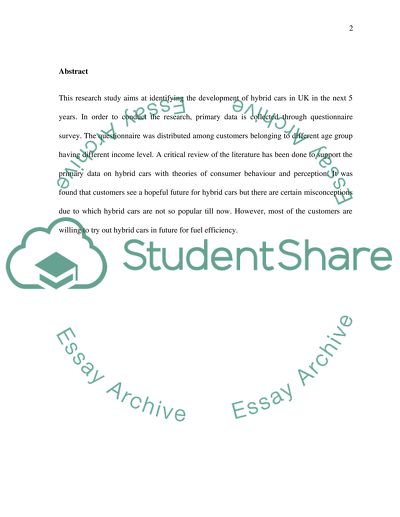Cite this document
(“How is the development of hybrid car for the next 5 years in the Essay”, n.d.)
How is the development of hybrid car for the next 5 years in the Essay. Retrieved from https://studentshare.org/marketing/1477754-how-is-the-development-of-hybrid-car-for-the-next
How is the development of hybrid car for the next 5 years in the Essay. Retrieved from https://studentshare.org/marketing/1477754-how-is-the-development-of-hybrid-car-for-the-next
(How Is the Development of Hybrid Car for the Next 5 Years in the Essay)
How Is the Development of Hybrid Car for the Next 5 Years in the Essay. https://studentshare.org/marketing/1477754-how-is-the-development-of-hybrid-car-for-the-next.
How Is the Development of Hybrid Car for the Next 5 Years in the Essay. https://studentshare.org/marketing/1477754-how-is-the-development-of-hybrid-car-for-the-next.
“How Is the Development of Hybrid Car for the Next 5 Years in the Essay”, n.d. https://studentshare.org/marketing/1477754-how-is-the-development-of-hybrid-car-for-the-next.


